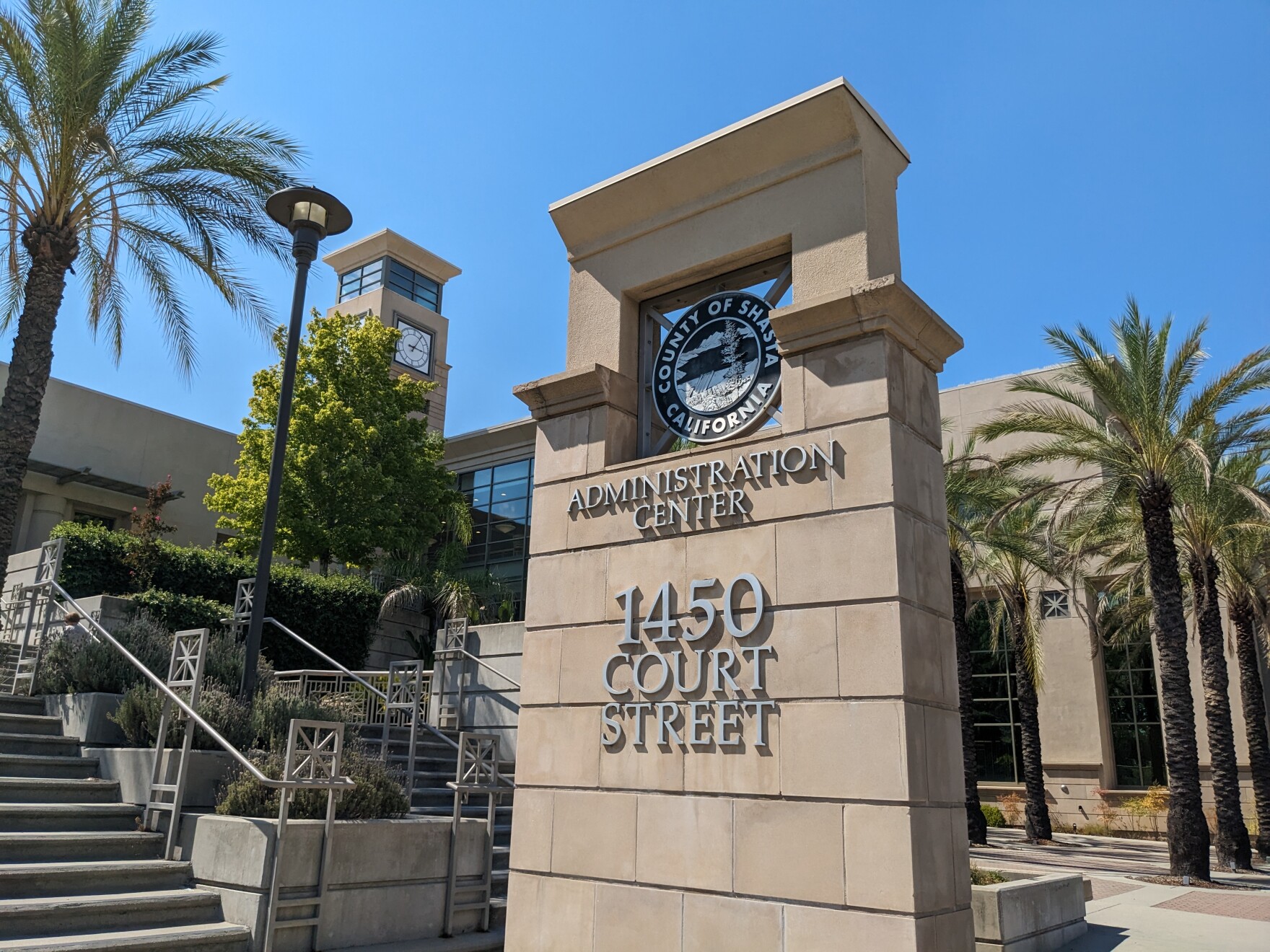On Tuesday, the Shasta County Board of Supervisors voted to get rid of impact fees, which apply to new developments in the unincorporated areas of the county. They're charged to offset a development’s added strain on public services and are used to fund public health, libraries, fire and police, among other things.
At Tuesday’s meeting, some argued the fees are too high and prohibit small builders from being able to construct a home, driving potential residents out of the county. The impact fee for a new single-family home in the county is between about $6,000 and $10,000.
"This can be huge. By terminating the impact fees, [it] can really spur growth. It will increase property values," said Supervisor Patrick Jones, who joined the 3-2 majority to get rid of the fees. "I think it’s exactly what the county is going to need right now moving forward in these next couple years."
But others argued that getting rid of the fees would just benefit big developers, not smaller builders, and deprive the county of crucial income.
"To me, most of the people that are going to benefit [from] this is the developer. I don’t think it’s going to really improve our ability for people to buy affordable housing. I really don’t," said Supervisor Mary Rickert, who voted against getting rid of the fees.
Dozens of residents spoke during public comment, arguing both for and against impact fees.
Some people said the board should wait and gather more information, including Supervisor Tim Garman, who made a motion to that effect, which failed. They said getting rid of impact fees could mean financial trouble for the county. Without the fees, that money will come out of the General Fund. They proposed potentially reducing the fees instead.
Proponents argued that getting rid of the fees would spur growth by smaller developers and that money would be made up through increased property values.
In 2015, California's average impact fee for a single-family home was two to six times higher than the impact fees in other states, according to a survey from the consulting firm Duncan Associates.
Nolda Short, the county's auditor-controller, said Tuesday that she did not have any information on how Shasta County's impact fees compare to those charged in other counties.
Since the county first adopted impact fees in 2008, they've raised nearly $9 million, which have been used for a juvenile rehab facility, fire station and emergency operations center, among other things.
As of June 2023, the county still had approximately $4.7 million remaining in its impact fee fund. Upcoming projects that will use impact fees include jail expansion, increased inventory for library technology and equipment for animal control.
Multiple residents called for Jones to recuse himself from Tuesday's vote since he's working on building a shooting range in the county and, they argued, stood to benefit from the board's decision. Jones did not recuse himself.
The U.S. Supreme Court is currently considering a case regarding impact fees in California. According to Cal Matters, the outcome could have serious implications for housing in the state as well as funding for local governments.




